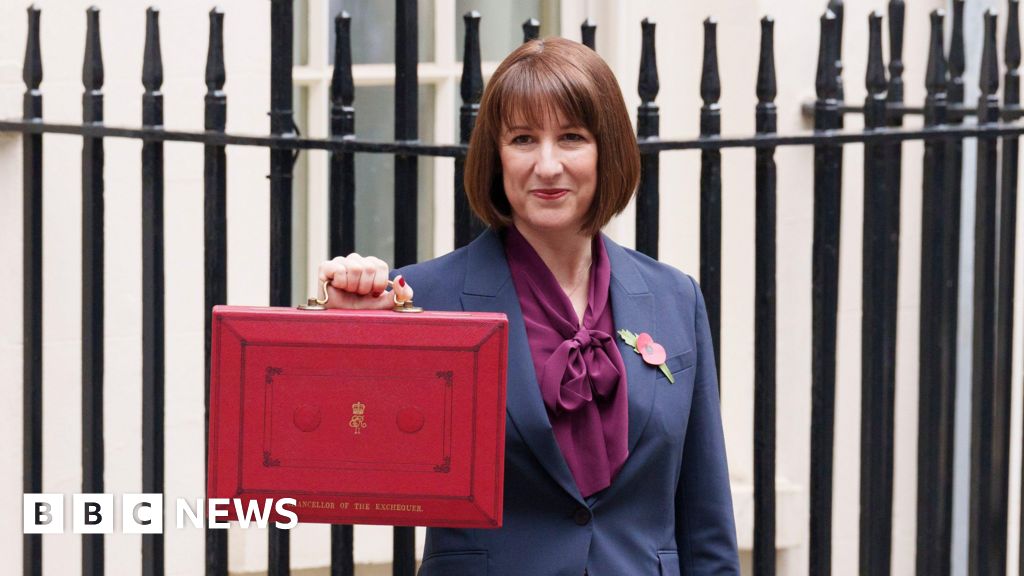The response has been modest given the mammoth changes seen in Wednesday’s Budget, with £76bn a year in new spending, half funded by tax and half by borrowing.
The chancellor’s aides say the critical fact is that the borrowing is mostly for big long term UK investment in major capital projects.
The plans increase investment by £105bn versus previous Conservative plans for significant cuts, leaving borrowing at the highest sustained level in half a century.
This could be much better for long term economic growth, and not as inflationary. Clearly, it depends on what the money is spent on.
The sums are significant and suggestive of Joe Biden’s plans in the US which saw billions of government dollars invested into the economy.
The Energy Secretary Ed Miliband was in the US last week visiting the key officials in charge of disbursing the record subsidies and loans made available in the $400bn Inflation Reduction Act. One lesson from the US is that it takes time to build up the pipeline of good government investments.
While the US’s private sector took an immediate cue from the massive government announcements, it took one to two years to get the state machine ramped up.
The whole mammoth offer of Wednesday’s UK Budget could be seen as a bet on the new government having the skills and the judgement to kick start high productivity investment and so get the growth that was lacking in the forecasts.
Of course it is plausible that the Biden US strategy might not last the week, should Donald Trump return to the White House.
But unlike Joe Biden, the PM, his chancellor and energy secretary have at least four years to try to deliver.
Long term economics is why they will be taking the political punches right now.

